The Truth About Tea and Who Should Never Drink It
TEATIME NOTES
Find tips, recipes, and articles to increase your delight and enjoyment of tea.
The Truth About Tea and Who Should Never Drink It
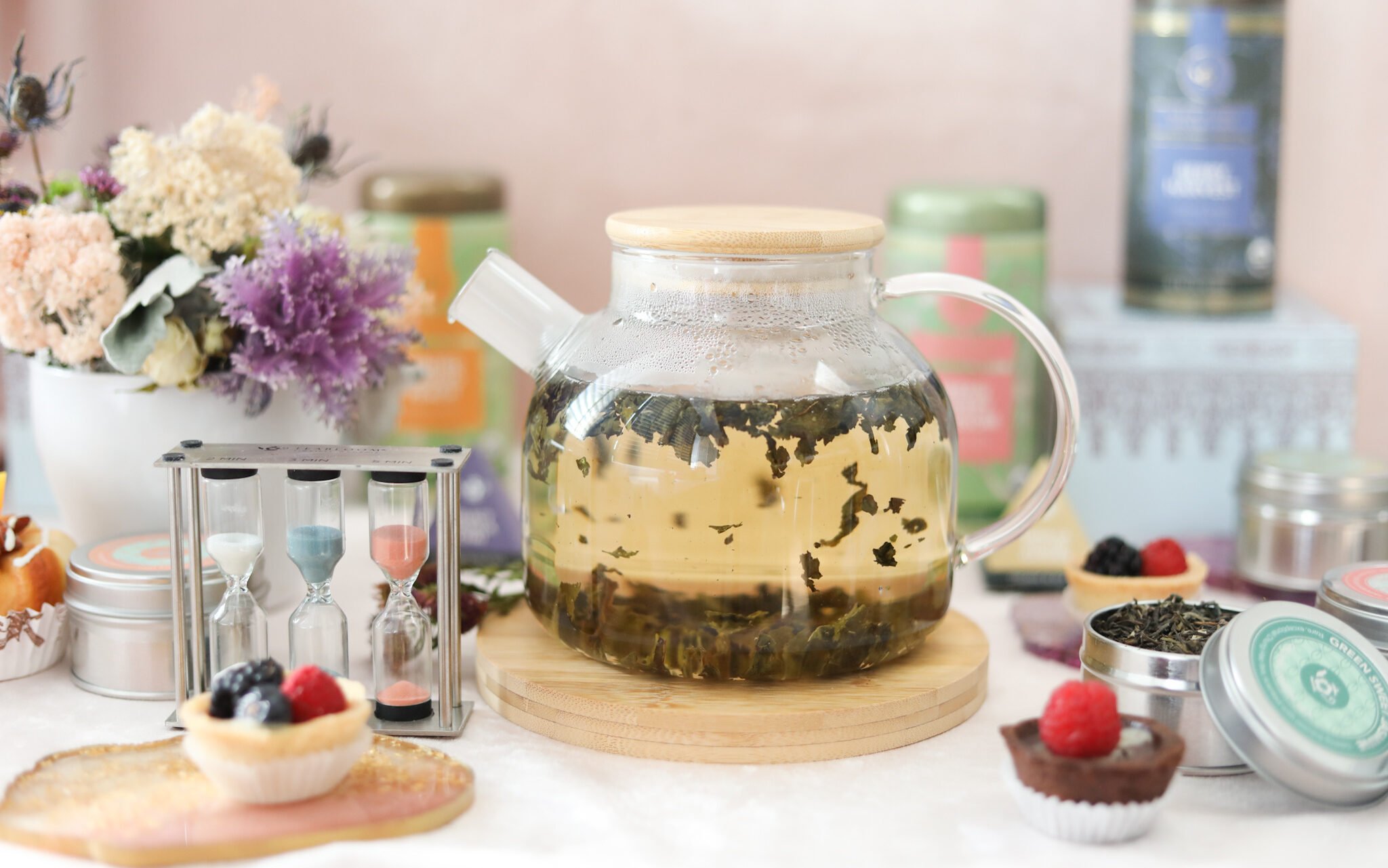
5 Astonishing Ways You are Ruining Your Healthy Tea
You know that tea and health go hand in hand. You drink green tea every day to help boost your wellness. Or you might indulge in an afternoon pot of black tea with a splash of milk — and maybe a little honey or sugar.
Either way, you do your best to source quality leaves so you can reap more benefits from every steeped cup. Or, maybe you don’t care that much about the quality of your tea, just so long as it tastes good. No matter the reason for your tea consumption you should consider this: Your tea might cause you more harm than good.
Are you sure that your natural tea is as healthy as you think? Have you considered the negative side effects of your tea? It’s not meant to be consumed by everyone and there is a limit to its benefits.
Who Should Not Drink Tea?
It’s true that tea can affect some people negatively. If you have cardiovascular concerns you should be especially careful with the kind of tea you drink — you may even want to consider eliminating tea from your diet.
True tea is caffeinated and all black, green, oolong, and white teas have caffeine. Even decaffeinated teas are not completely caffeine free — they do have trace amounts of caffeine, which might be a concern for some people. Limiting tea may help you if you fall under one of these categories:
- People who are pregnant - Those who are pregnant may be able to consume some caffeine but large amounts of caffeine should be avoided.
- Those with cardiovascular concerns - Drinking tea might increase your risk of certain ailments if you have cardiovascular issues.
- Individuals with acid reflux - If you are prone to heartburn caused by an increase in stomach acid, you might want to cut back on your tea consumption to see if it helps.
- Persons with vitamin B1 or iron deficiencies - If you struggle with maintaining healthy levels of B1 or iron, you should stay away from certain kinds of tea or limit your tea intake. The tannins in tea might make it harder for your body to absorb B1 and iron.
The Side Effects Of Drinking too Much Tea
Even if you don’t have caffeine concerns, drinking too much tea can lead to complications for anyone — even if you’re healthy. If you experience any of these symptoms after drinking tea, you might want to consider cutting back your tea consumption or switching to a different kind of tea:
- Increased levels of anxiety
- Increased levels of stress
- Feelings of restlessness
- Insomnia or poor quality of sleep
Should You Drink Tea Every Day? Is it Safe?
Tea is your beverage of choice — you might wake up with it and go to bed with it. And if you didn’t grow up with it, you probably started drinking tea because of its numerous health benefits. But, it doesn’t matter who you are — if you drink too much tea it can be a bad thing. So how much tea is too much?
While studies vary, drinking between 2 and 4 cups of quality green tea or black tea might have a wide variety of wellness benefits for most people including antioxidant properties, anti-diabetic properties, and even anti-cancer properties.
But it’s important for you to know that not all tea is made the same — and not all tea has the same nutrients or benefits. That teabag that you plop into your ceramic mug every day does not have the same nutritional benefits as quality loose-leaf tea. In fact, the tea found in your teabag is likely made from different parts of the tea plant that are overprocessed and may not be as healthy.
What is Your Tea Actually Made From?
The tea industry is a huge and wide world. Most of the world’s tea is grown in China and India and it can be harvested in one of two ways: by hand or by machine.
When tea leaves are harvested by hand, great care is taken to pluck specific tea leaves from the long stalks of each plant. Each whole leaf is treated to create one of the thousands of different kinds of whole-leaf and loose-leaf teas. During certain steps, cell walls are broken down, natural oils are released, and teas are oxidized or even fermented. They are handled with great care to preserve as many nutrients and as much flavor as possible.
When tea leaves are harvested by machine, the entire stalks of the tea plant, along with the cut leaves, are pulverized and processed. It is a much faster and more affordable way to create the tea that is used for tea bags. The tea leaves and plants are crushed so severely that the so-called tea that fills these tea bags looks more like dust than leaves — you may hear people call it “tea dust”.
Location, Location, Location - Does it Matter?
There are many healthy and honorable ways of harvesting tea — but there are many bad practices that are used while growing, packaging, and selling tea. One big concern you might have is the origin of your tea. Where does it come from and are they using pesticides during the harvest? Is the soil contaminated with bad chemicals?
It’s a common misconception that poorer quality teas or contaminated teas come from China, when in fact some of the best quality teas in the world might come from this country — the birthplace of tea. There may be more organic tea estates in China than anywhere else in the world.
It’s also a common misunderstanding that other countries grow less contaminated tea. When it comes to tea farming, the country of origin matters very little compared to the actual practices that each individual tea farm uses.
Another concern might be certification. A number of larger and more profitable tea companies might strive to obtain USDA Certification. But sometimes older farms choose to forego certification because of the cost and the time it takes to receive it. It’s important to note that not all organic and higher quality teas are USDA Certified.
5 Issues That Aren’t the Tea Itself
You have made the choice to invest in your health and buy tea that is organic, ethically sourced, and harvested with care. Now that you’ve switched out your tea for the good stuff, you need to take a look at some outside factors that might contaminate your quality tea:
- Chemicals in Decaffeinated Tea
How is tea decaffeinated? There are a handful of ways that caffeine is taken out of true teas. The caffeine content can be lessened naturally using water, but this tends to weaken the tea. Many companies use chemicals to extract caffeine from tea. These same chemicals may cause negative side effects in people, and some can even be hazardous to your health. If you are searching for true caffeine-free tea options, consider switching to herbal tea.
- Microplastics in Teabags
The little teabags you use every day can release over 11 billion microplastics into every single cup of tea. The materials used to make most teabags are not beneficial for your health. Not only that but many teabags that are labeled “biodegradable” take a very long time to break down and decompose. The good news is there are 100% compostable teabags that are not only better for you but they break down into compost within a few months.
- Toxins in Teaware
You know how to choose healthier tea options, but you should also consider the vessels you are steeping and sipping your tea from. Teaware can also be laced with toxic and harmful chemicals. Chances are that if you drink from glazed or metallic teaware you are steeping yourself a dose of lead or cadmium. The best kind of non-toxic teaware you can switch to is borosilicate glass teaware. It’s a sustainable, affordable, and sturdy material that has a ton of health and environmental benefits — and it will make your tea taste pure and better than ever before!
- Unhealthy Additions - Sugar and Milk
Tea is commonly enjoyed with some not-so-healthy additions including milk and sugar. Popular tea drinks like tea lattes, milk tea, boba tea, and sweetened chai lattes can negate the benefits of tea. Not to mention, many of these teas are made using unhealthy teabags. It’s best to cut out sugar entirely if you want to benefit from the nutrients in tea. But, a small touch of honey can be a healthier alternative for those with a sweet tooth.
- Manipulative Green Tea and Matcha Marketing
Just because something is green doesn’t mean it’s healthy and this is true of green tea and matcha products. These teas have been marketed recently as healthy options if you are trying to cut out coffee or boost your antioxidants. While certain kinds of green tea and matcha have a plethora of benefits, not all green tea products are healthy. Stick with whole-leaf green teas instead of tea dust from teabags. It’s also better for you to stay away from matcha lattes, sugary green teas, and milky green boba teas as these are sometimes filled with just as much sugar as a soda.
A Tea Supplier That Has Your Best Interest in Mind
If you are searching for borosilicate glass teaware, loose-leaf organic teas, and compostable teabag options, Teabloom has what you are looking for. From the beginning, they have been on a mission to clean up the tea industry and give you sustainable tea options that you’ll feel comfortable using.
They have the largest selection of handcrafted borosilicate glass teaware that keeps those toxic chemicals from leaching into your tea. Starting healthy habits is easy with Teabloom. Find your new favorite tea mug or teapot today. You’ll be able to taste and feel the difference. Shop teas and teaware now.

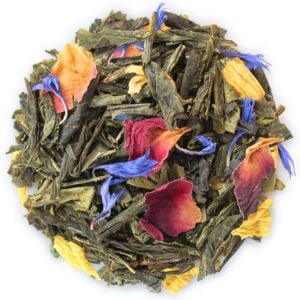

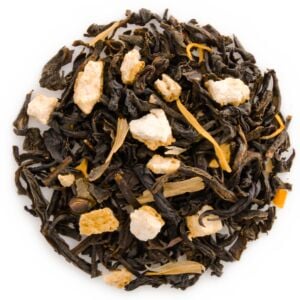
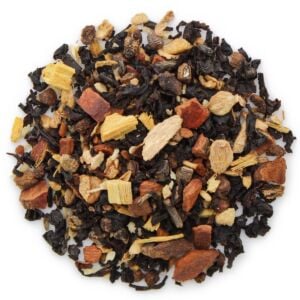
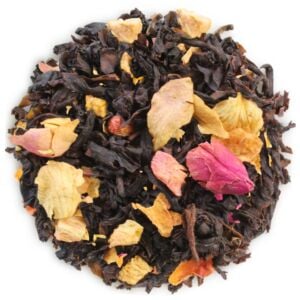
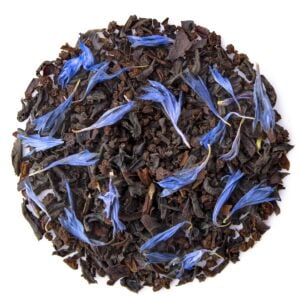
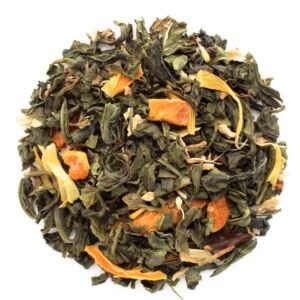
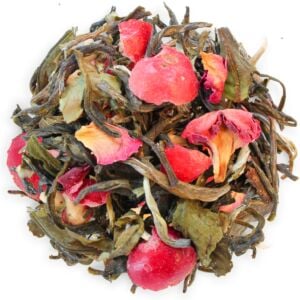
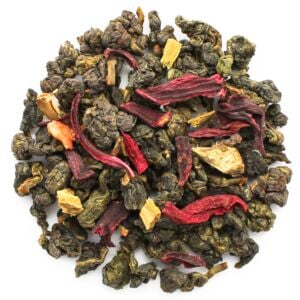
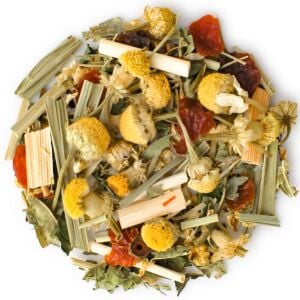
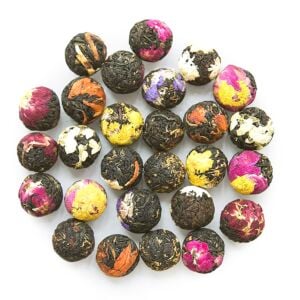


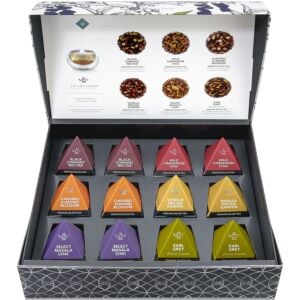
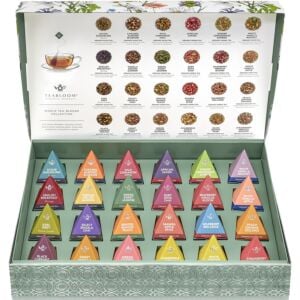

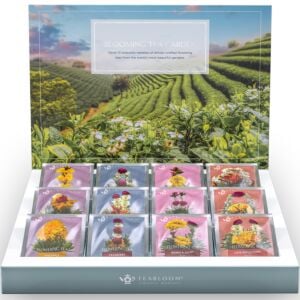
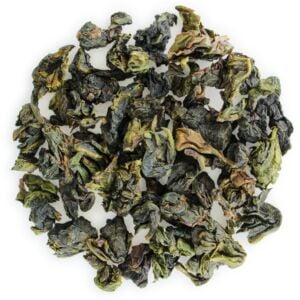
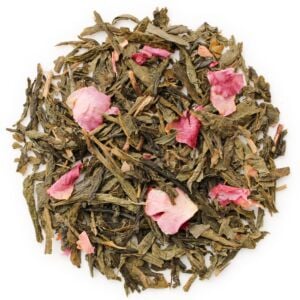
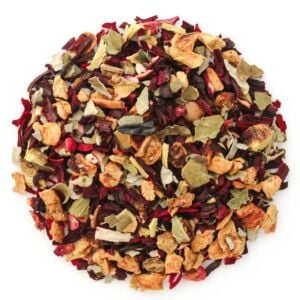
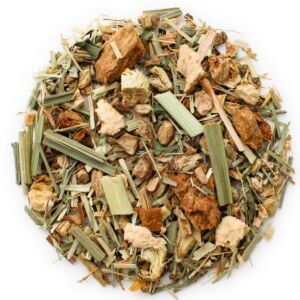
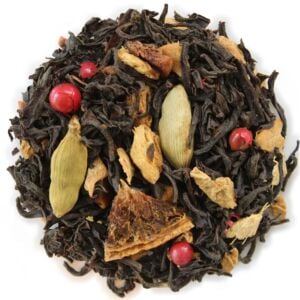
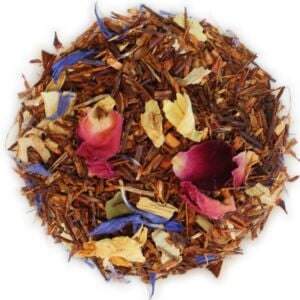
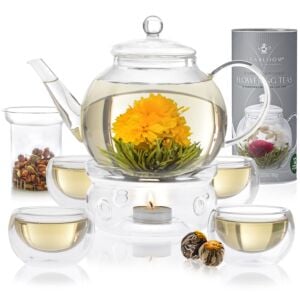
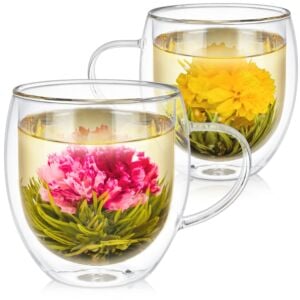
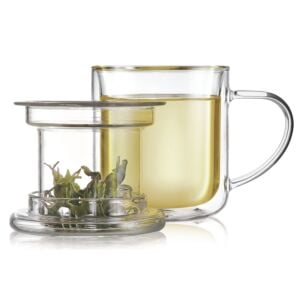
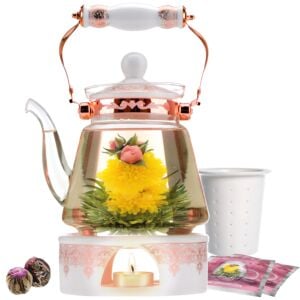
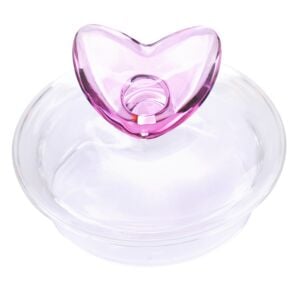
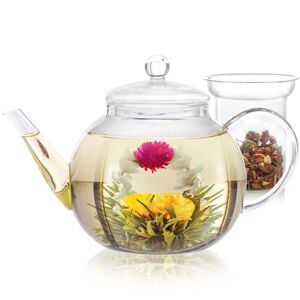
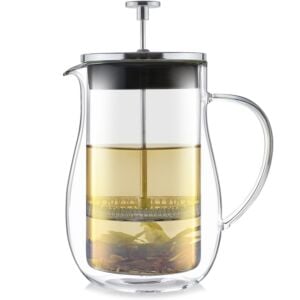
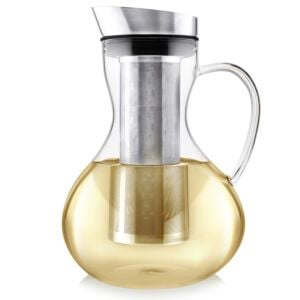
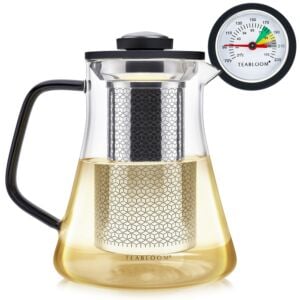
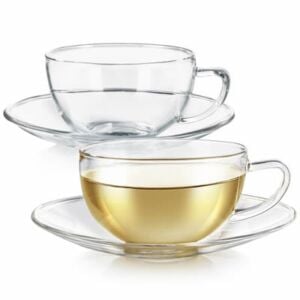
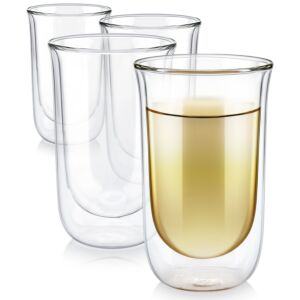
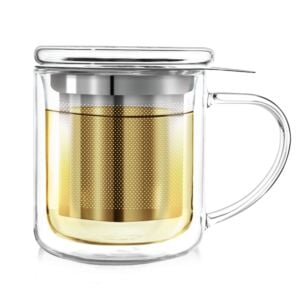
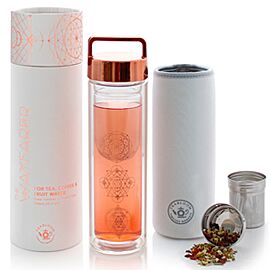

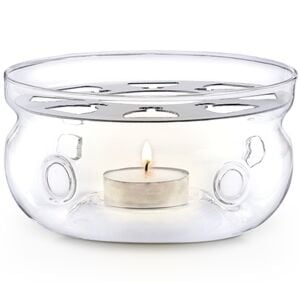
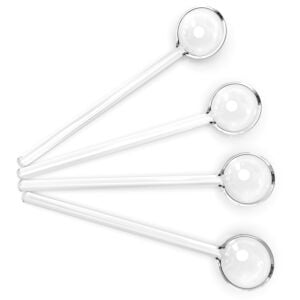
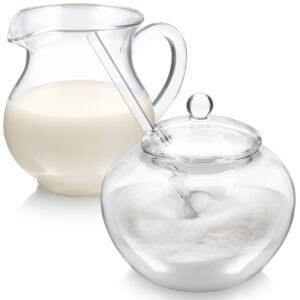
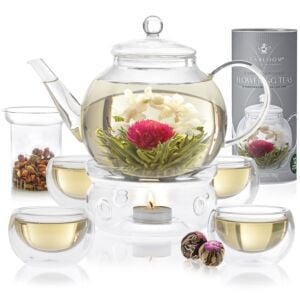
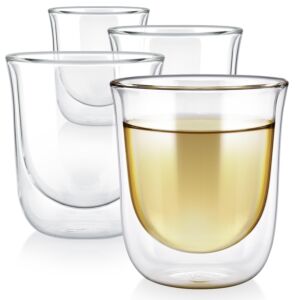
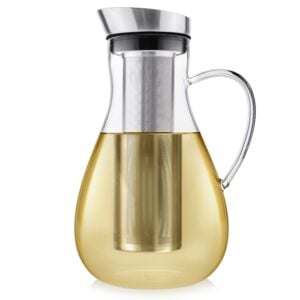
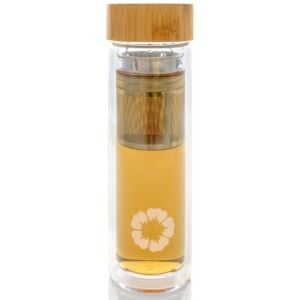
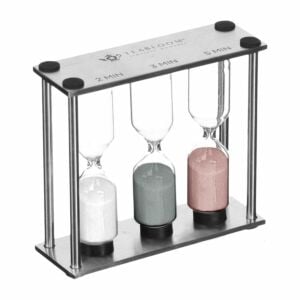
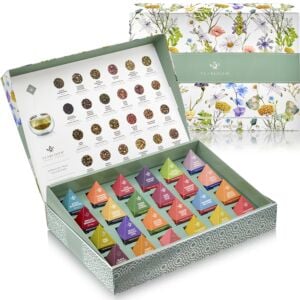
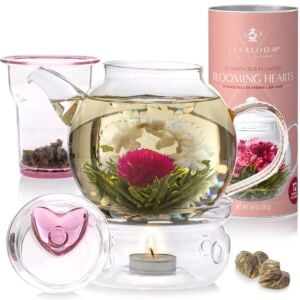
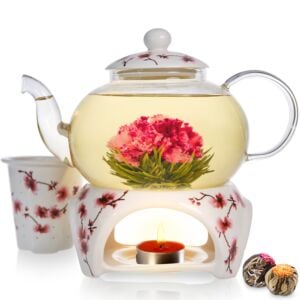
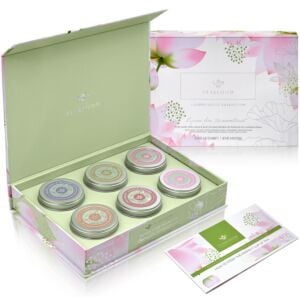
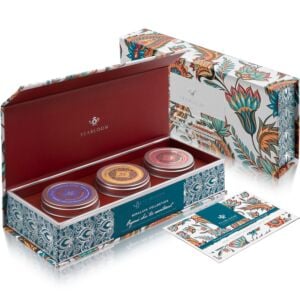
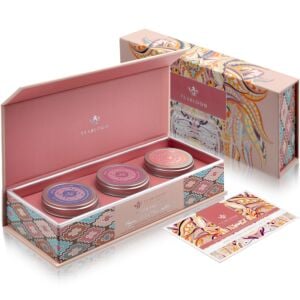

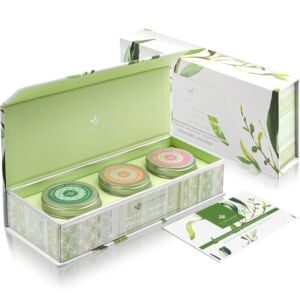
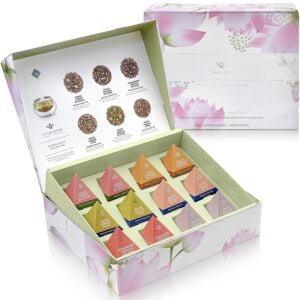
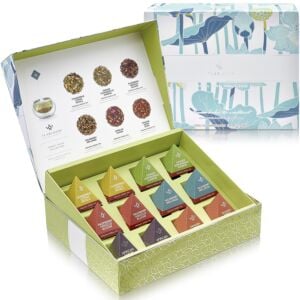
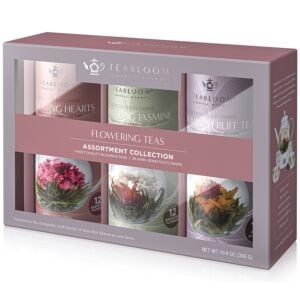

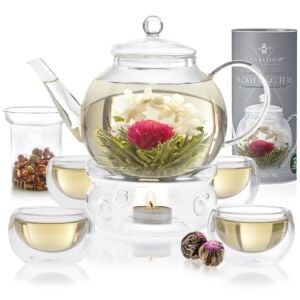
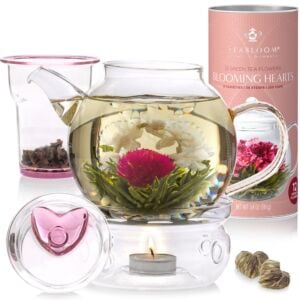
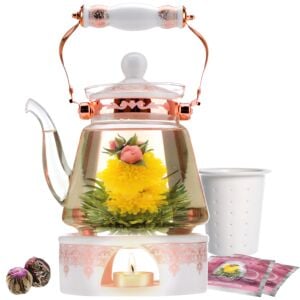
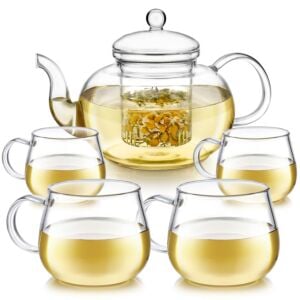
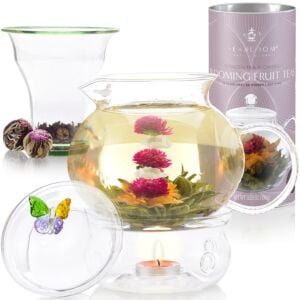
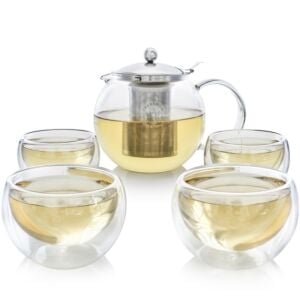
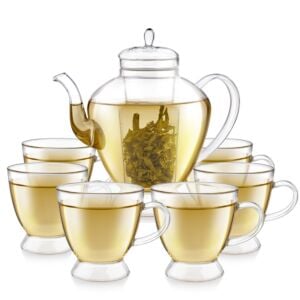
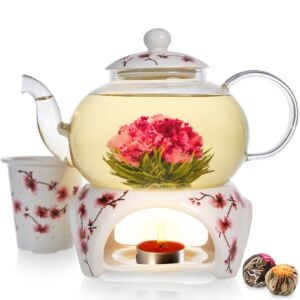
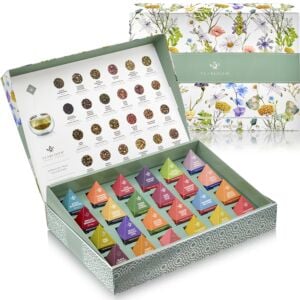
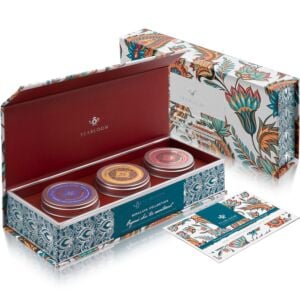
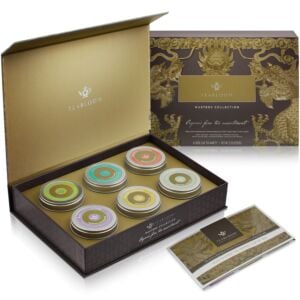
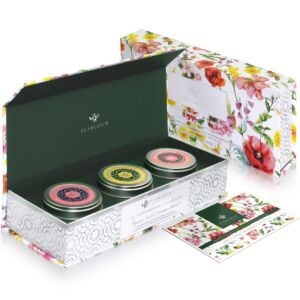
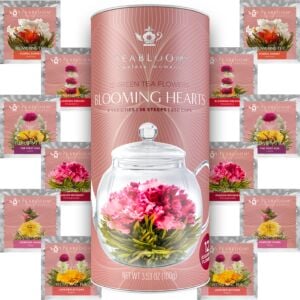
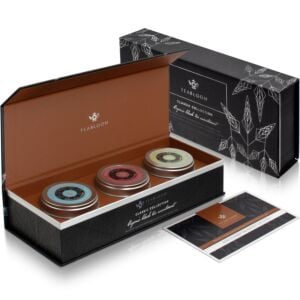
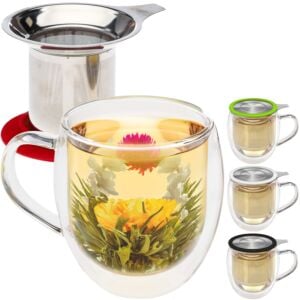

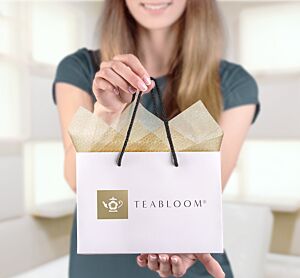
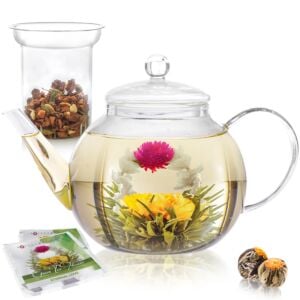
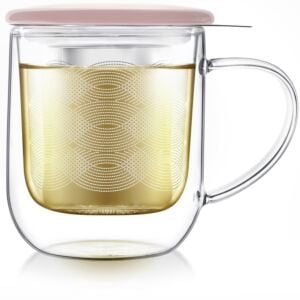

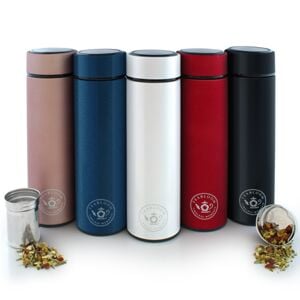
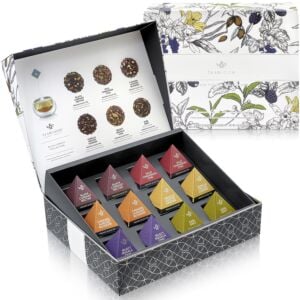
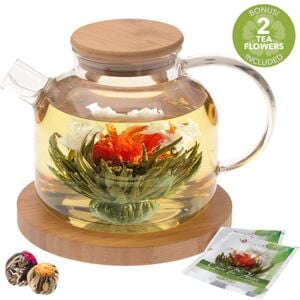
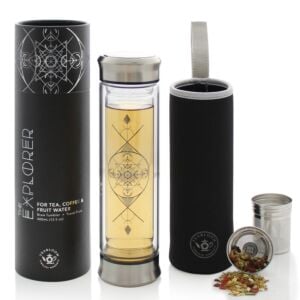
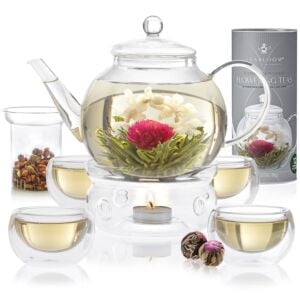
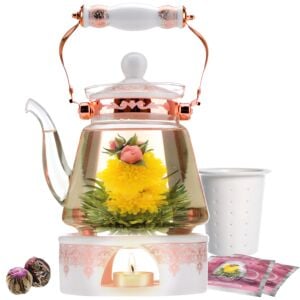
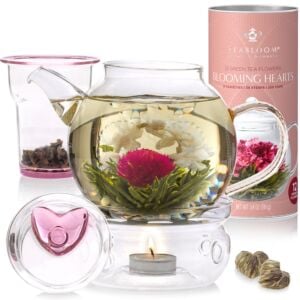
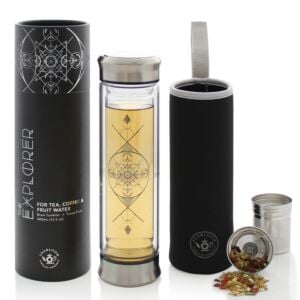
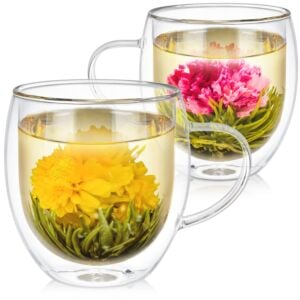
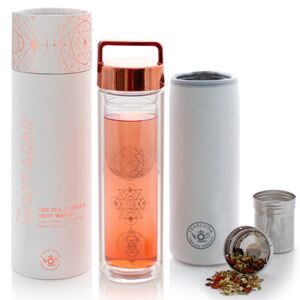
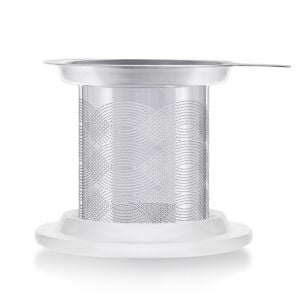
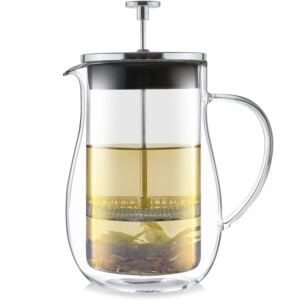
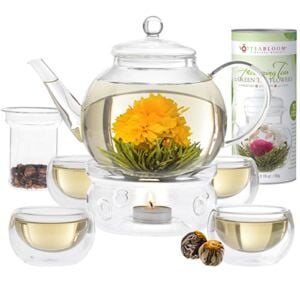

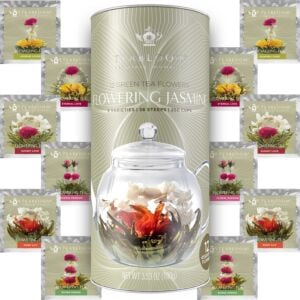

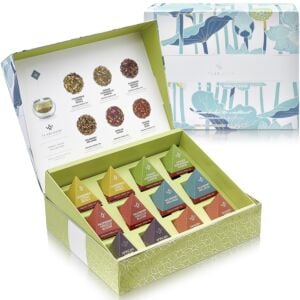
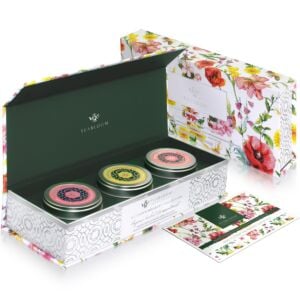
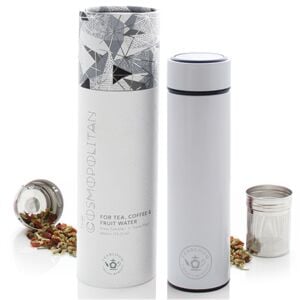

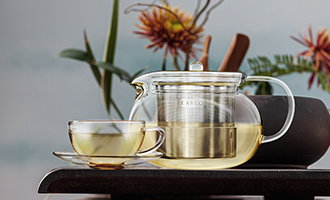
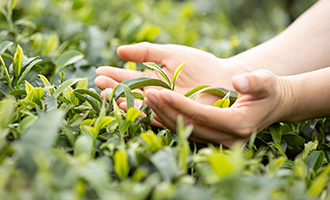
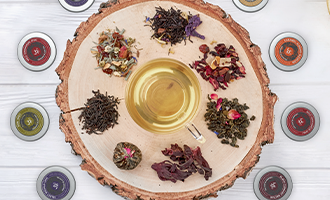
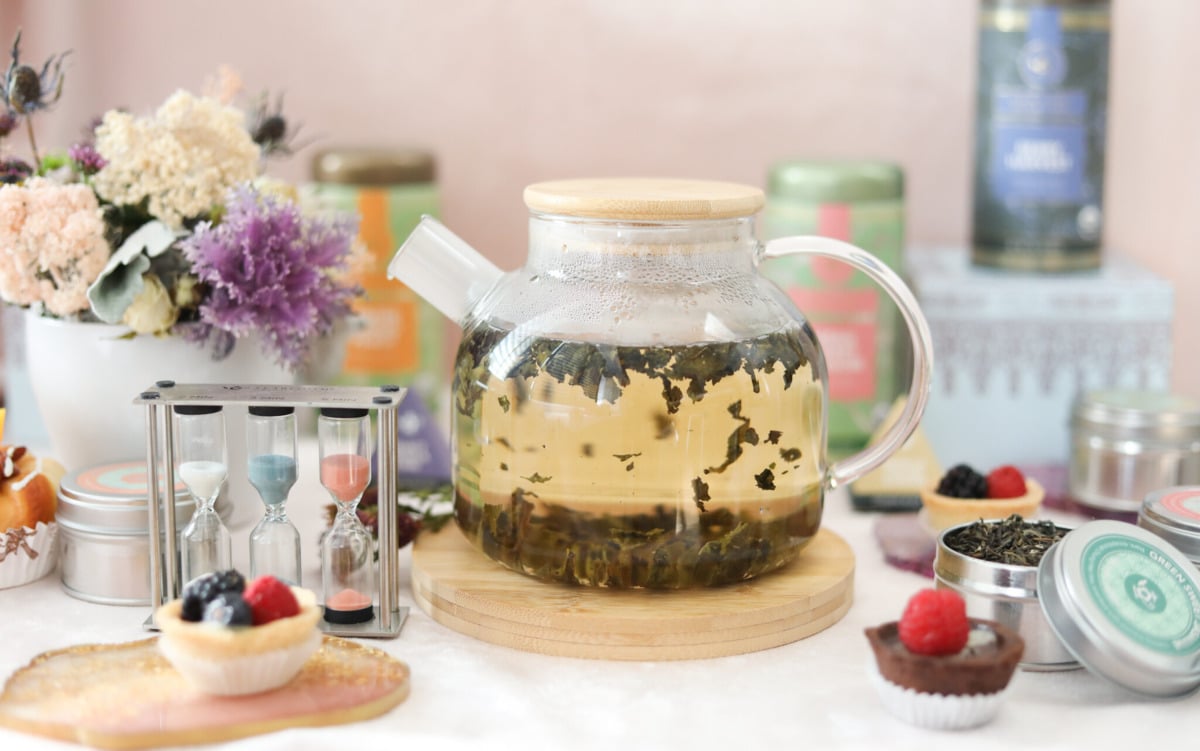


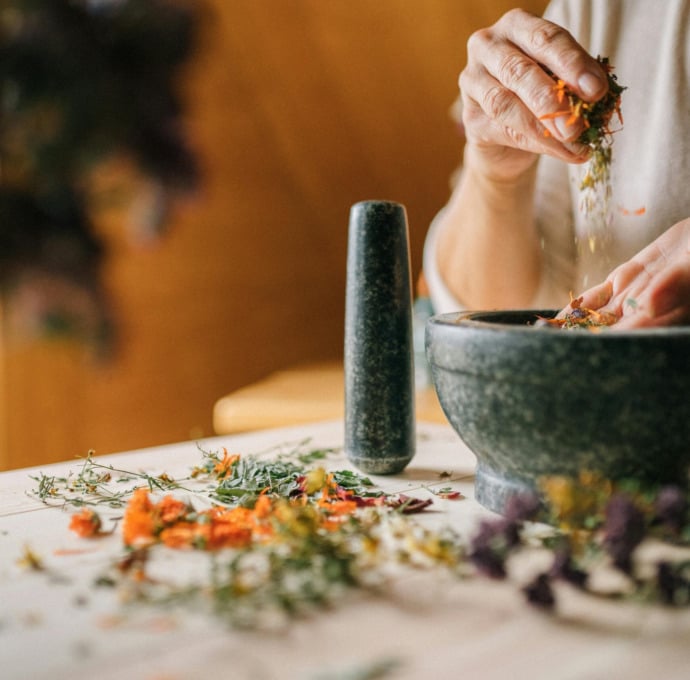
Share your thoughts